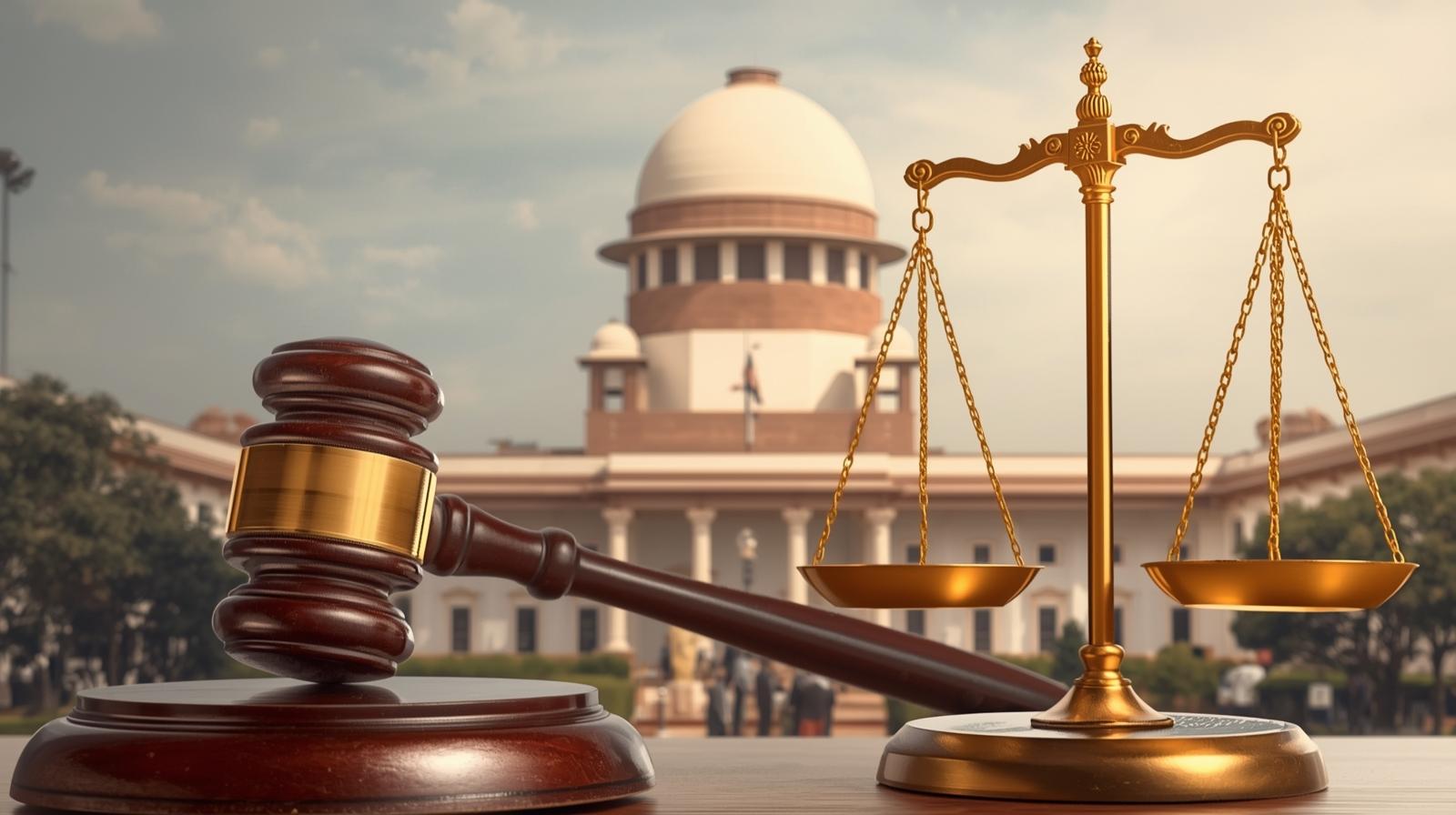A Landmark Judgment Reinforces the Doctrine of Stare Decisis and Proprietary Rights in Consolidation Proceedings
The Supreme Court of India, in the case of State of Haryana v. Jai Singh, has delivered a significant judgment upholding the rights of proprietors over lands not specifically reserved for common purposes during consolidation proceedings. This decision reaffirms the legal principles established in previous rulings and emphasizes the importance of the doctrine of stare decisis in maintaining legal certainty and stability.
Background of the Case
The appeal originated from a decision by the Punjab and Haryana High Court, which addressed the amendments made to the Punjab Village Common Lands (Regulation) Act, 1961, through the Haryana Act No. 9 of 1992. These amendments aimed to redefine the ownership and management of lands contributed by proprietors during consolidation proceedings. The lands in question, termed as "bachat lands," were not earmarked for common village purposes and thus sparked controversy over their rightful ownership.
Supreme Court's Analysis
The Supreme Court's judgment, delivered by a bench comprising Chief Justice B.R. Gavai and Justices Prashant Kumar Mishra and K.V. Viswanathan, meticulously examined the legal framework and precedents relevant to the case. The Court referenced three crucial Constitution Bench judgments: Ranjit Singh, Ajit Singh, and Bhagat Ram. These cases collectively addressed the nuances of land acquisition and proprietorship rights under the Consolidation Act of 1948 and Article 31-A of the Constitution.
Key Findings
1. Reaffirmation of Proprietors' Rights: The Court held that lands not specifically reserved for common purposes during consolidation proceedings do not vest in the Gram Panchayat or the State. Instead, such lands should be redistributed among the proprietors in proportion to their contributions.
2. Doctrine of Stare Decisis: The judgment underscored the importance of this legal doctrine, which mandates adherence to precedents to ensure legal predictability and stability. The Court noted that a consistent legal view upheld over time should not be altered unless it is manifestly erroneous or unjust.
3. Distinction Between Acquisition and Modification: The Court differentiated between "acquisition by the State" and "modification or extinguishment of rights," reiterating that the latter does not benefit the State and thus falls outside the ambit of acquisition requiring compensation under Article 31-A.
4. Implications of Bhagat Ram's Case: The judgment highlighted the distinction made in Bhagat Ram regarding lands reserved for generating income for Panchayats, which amounts to State acquisition and requires compensation. However, the bachat lands in question were not reserved for such purposes and therefore do not constitute State acquisition.
Conclusion
The Supreme Court's decision in State of Haryana v. Jai Singh is a landmark ruling that reinforces the principles of property rights and legal consistency. By upholding the proprietors' entitlement to bachat lands, the Court has not only protected individual rights but also ensured that the legal framework governing land consolidation remains just and predictable. This judgment will have far-reaching implications for similar cases and serves as a testament to the enduring relevance of the doctrine of stare decisis in India's judicial system.




